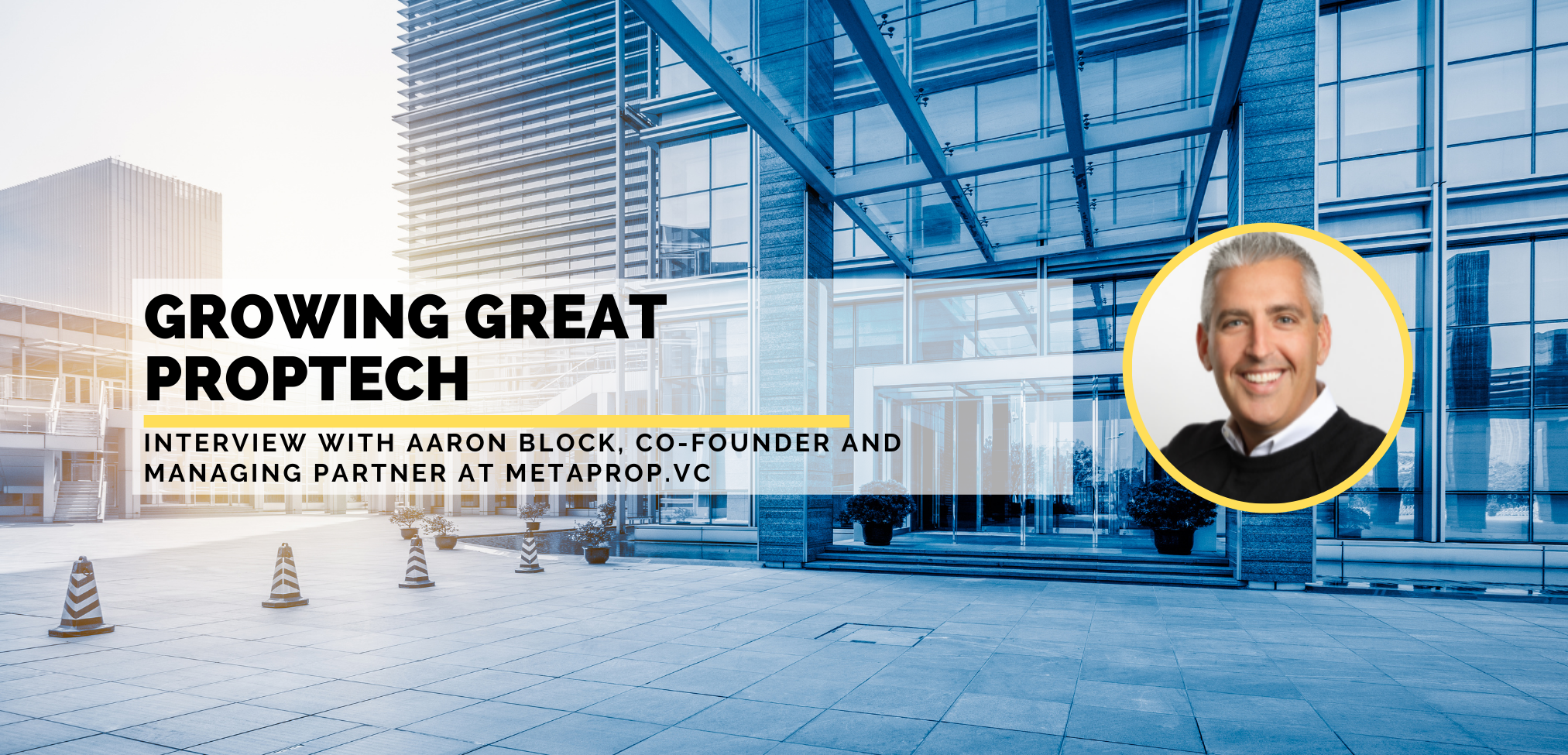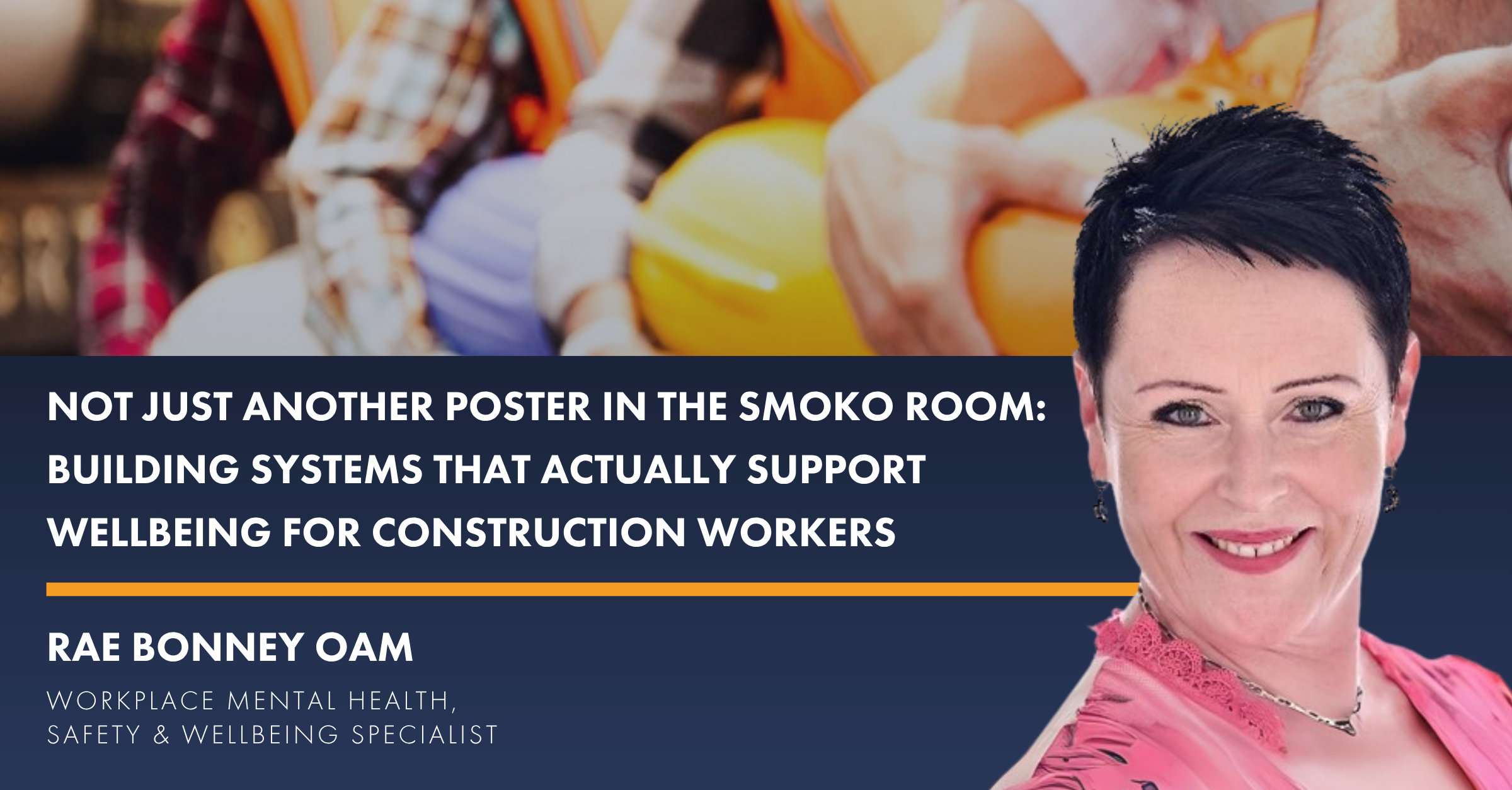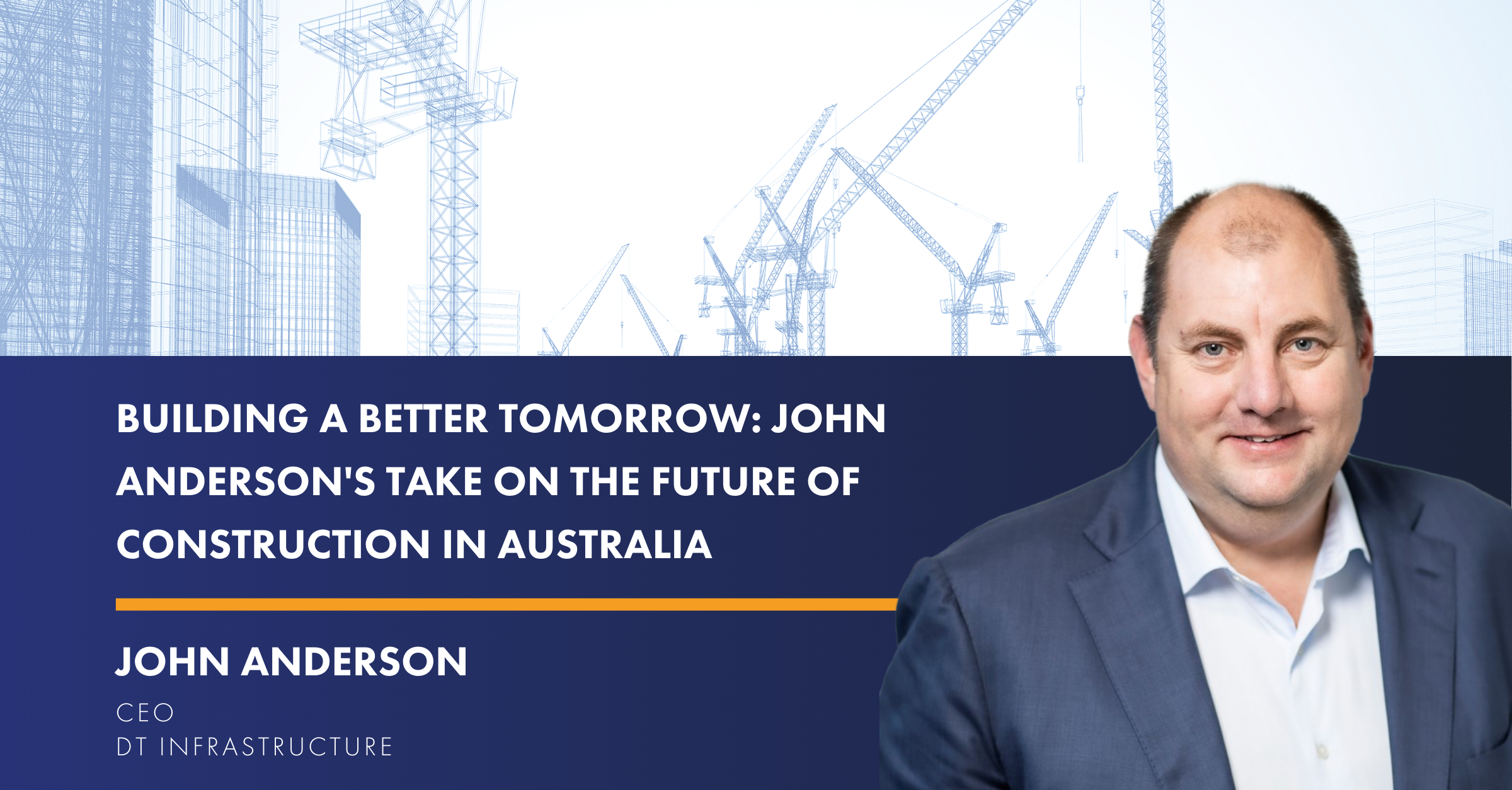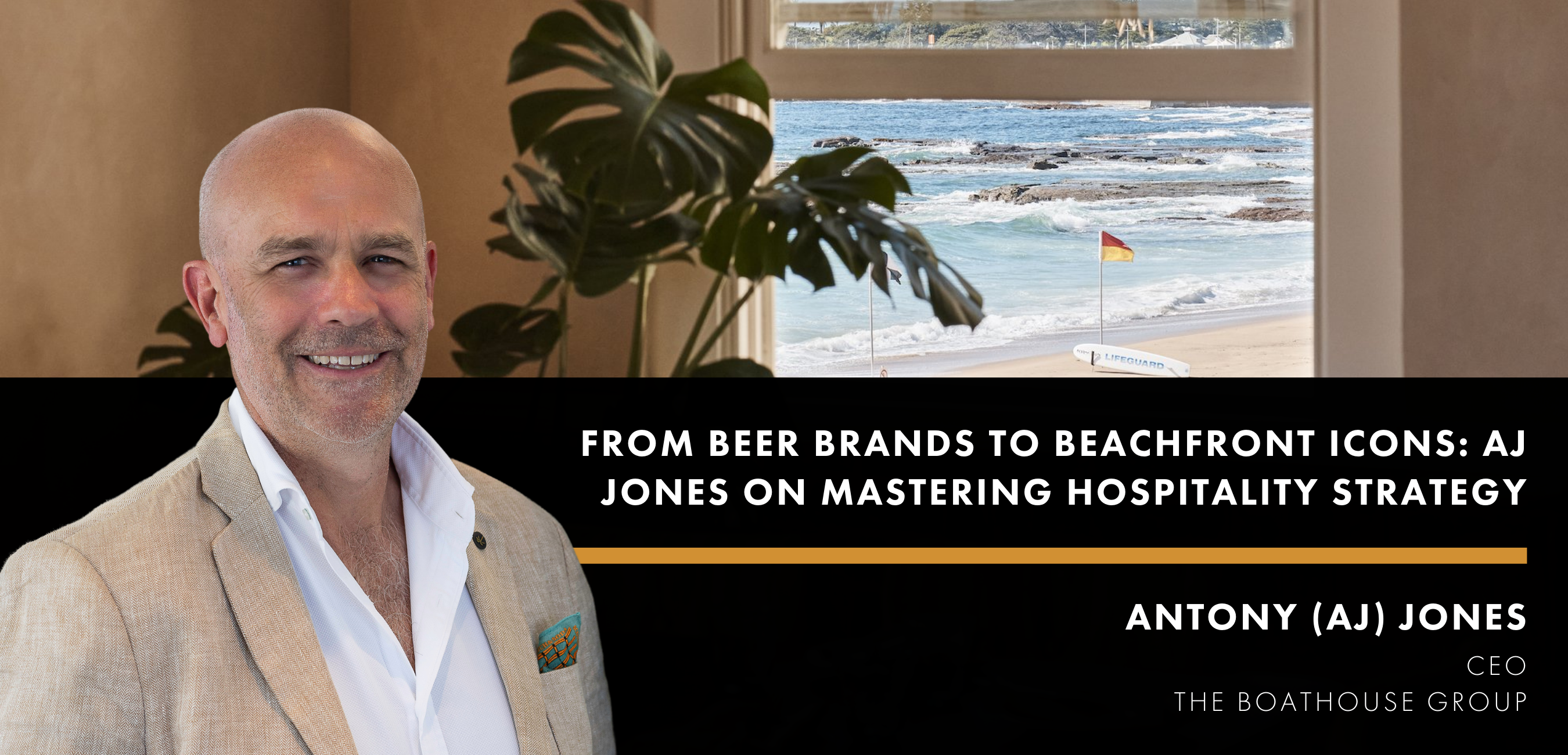Growing great PropTech.
Aaron Block is a best-selling author, speaker, entrepreneur, and investor focused on the intersection of real estate and technology. Aaron co-founded and serves as Managing Partner of MetaProp, the New York-based venture capital firm focused on the PropTech industry. We shared a Zoom call with Aaron to talk about the PropTech space, how Metaprop and investment has evolved, and what he’s thinking about looking forward.
FuturePlace: Can you tell us about your primary role at MetaProp and how that changed over the past year?
Aaron Block: I’m the Co-founder and managing partner of MetaProp so these days I’m spending most of my time on the strategy, on the deals and on the people side of our business. We’ve got some really incredible practitioners now within the firm. In the early days, it was a few of us and some interns and now we’ve got a line of partners, principals, and VPs. All of these people are terrific at helping to mold the strategy, but also at executing the deals in the investment management side of our business. This includes supporting startups and our partners and building the community; community is always a core part of what we do. In the old days, I did a lot of executing day-to-day work and project management of various initiatives and today, I help facilitate the folks who are excellent at their jobs. It’s a pleasure to be involved in this industry and play a supporting role for the people taking us to the next level.
FP: What are some of the most exciting things that are happening in tech right now?
AB: Covid accelerated a lot of organizations; the digital transformation and interest on the enterprise side has been really exciting. We’re starting to see crypto find windows of opportunity, too. We’re finally getting to the point where our worlds are embracing more of the future technology that we’ve all been talking about for many, many years. More specifically, a lot of the construction tech-related companies in our portfolio are doing exceptionally well – and we’ve got more coming. That’s also true for technologies in warehousing/distribution, micro logistics, last mile delivery, and everything to do with that retail and warehousing combination that continues to blur.
FP: Are you doing anything with the metaverse?
AB: Nothing right now but we’re thinking a lot about it and we’re writing a bit about it. We’re certainly hunting in those areas more actively than before.
FP: Interesting. So out of everything you mentioned, how do those trends differ across geographies like the U.S. or internationally?
AB: We’ve had a front-row seat for a long time to what’s happening internationally but I can’t claim to be the most knowledgeable in what’s happening in the UK or in Moscow. But between the startup competition we run with MIPIM, the MetaProp Accelerator at Columbia University and our international base of partners, we’ve got a pretty good, well-rounded global perspective. We see a lot of deals and have many conversations with real estate industry players trying to pilot, test, scale-up and co-invest in technologies. From what I do see and feel, it’s similar to how we’ve felt for the last couple of years, which is the US is at the cutting edge of what’s happening in the innovation space. We have a huge addressable market, robust technology, entrepreneurship, culture, and a huge infrastructure of early-stage and later-stage funding opportunities. That’s a really good recipe for success for real estate technology startups. But there are also exciting real estate markets globally. To answer your question succinctly, Europe is probably still two to four years behind what’s happening in the US. Things that we saw a few years ago are even starting to gain traction in Asia now too.
FP: What about global patterns of growth?
AB: The good news is the borders are starting to fade. We’re starting to see some of the most recent wave of great technology companies expanding into other markets. VTS is a great example from North America doing this. We’re seeing a lot of the players who have multinational presence on the enterprise side. The big real estate companies really dove in and partnered with venture firms like us, investing directly in startups and putting together PropTech programs. This will help bring things together faster. You still have to be in North America, with New York and the West Coast being very important, but places like Washington D.C., Chicago, Boston, Austin, Los Angeles and Seattle are really exciting, too. As are Toronto and Montreal in Canada. The internationalization of tech will continue.
FP: Speaking of startups, what areas within tech startups need the most coaching?
AB: It almost always helps to have someone aligned with you who can listen as you’re going through as a CEO and founder. One of the things we really focus on in the MetaProp Accelerator at Columbia University program is not necessarily giving all the answers, but creating an environment where the entrepreneurs can get their own answers faster. We all need help with a lot of things. We’ve been in business a long time yet I still sometimes have trouble explaining what I do really well to folks I meet at a cocktail party or in an elevator. So one of the things we tend to help entrepreneurs with, specifically in the early portions of the program, is their elevator pitch. We share our experiences and let them work through how they want to tell their story in a clear, concise, digestible and repeatable manner. This allows them not just to raise money or get clients, but to recruit great talent or put a board together or speak to a journalist.
FP: The basics are always important! How do you involve the CEOs in your program?
AB: We also run what we call forum groups during the accelerator program which are confidential CEO sessions. Think of it like a small CEO group where you talk about topical issues in a group setting; it could include challenges you’re facing, issues with your own personal and career growth, and more. And, since it’s a session, you can hear other people’s experiences in a multiple stakeholder environment with a lot of formal rules and moderated professionally. These groups have always been one of the most effective tools according to feedback. We do a whole bunch of other things with demo days and pilot days, presentation coaching, and more – but that’s really the tactical stuff. What they get the most out of is finding ways to grow their businesses based on their own capabilities and their own needs while being in an enriching environment. It’s not about us handing over all of the answers. It’s about making strong, independent business people and the leaders of tomorrow’s real estate technologies.
FP: What do you look for when finding companies for your accelerator?
AB: We look for founders we want to back. Our accelerator program is complementary and a piece of our overall investment program so there’s an investment component to everything we do. We spend over twenty-two weeks with these companies and we roll up our sleeves. We’re like a late-stage co-founder for some. We look for chemistry with the entrepreneur, a story that resonates, and businesses that are in areas we otherwise wouldn’t spend a good amount of time in. Maybe the draw is an entrepreneur who’s solving a tough problem like housing affordability, or it’s an entrepreneur who comes from a less represented background or geography. We have a few of these in every class recently that we’ve done.
FP: Finally, this one is a bit of a low ball but it’s always interesting insight. What keeps you up at night?
AB: I appreciate that. Well, sometimes it’s children over the summer who have fewer rules and are playing around until the later hours. But from a business perspective, what keeps me up at night is we’ve been on a very good run here in PropTech for quite a while. It’s something we’ve waited a long time for. We said, “This is going to be the year in 2014.” “Oh, this is going to be the year in 2015.” But now we’re starting to see these things are really happening. There’s a tremendous amount of interest in the space, a tremendous amount of capital, and, most importantly, tremendous innovation and entrepreneurship. It’s really exciting and it’s times like these that you want to make sure that that you enjoy the ride.
FP: Do you think the ride is about to change?
AB: It’s not going to increase at an increasing rate forever. However, if you look at what happened with and what is happening with FinTech, it is a good sign. There was a big rise in FinTech several years ago and it continues to be a very important part of the financial services landscape. It’s important to make sure we stay disciplined. We need to make sure that as this market blossoms in front of our eyes, that we don’t lose sight of who we are, what’s important to us, and the fundamentals of what makes for a great investment business. Also, what makes for good people in a partnership. It’s easy to take your eye off the ball in a hot market with so many shiny toys around you and everyone near you. We spend a lot of time talking about our values and how we stick to them. What keeps me up at night is the fear that we made it this far as a group and as a community. We’ve worked really hard to build up this global community, and there’s a risk that things go off the rails with the great hysteria going on. But I think we’re pretty in touch with it.
PropTech NEXT Summit
Aaron will be speaking at our PropTech NEXT Summit, taking place on 8-9 December 2021. Proptech NEXT is the most important regional event dedicated to built world innovation, technology, funding and matchmaking. Whether you are involved with office, industrial, construction, retail or residential… the Proptech Next Summit has got you covered.






